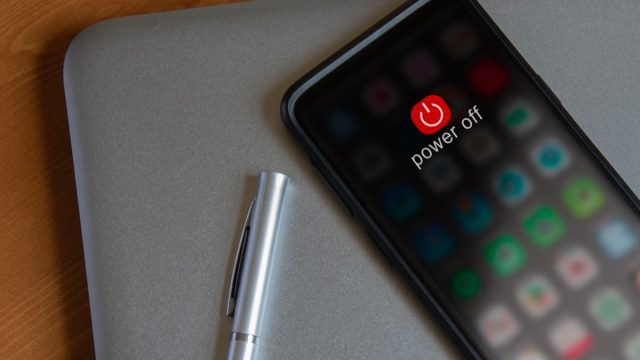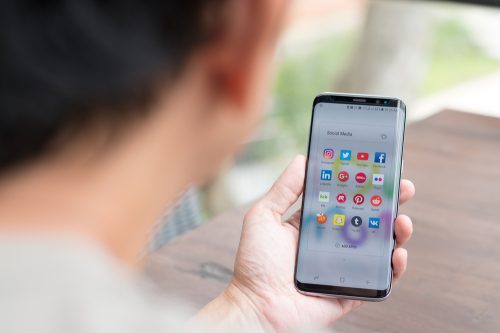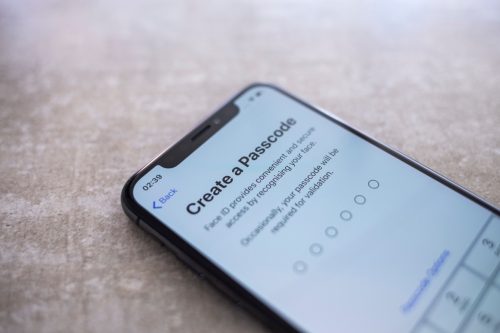How Turning Off Your Phone for 5 Minutes Can Protect You From Hackers

If you’ve ever called tech support about your computer or phone, you’re very familiar with the first question that gets asked: Have you tried turning it off and on again? Maybe you rolled your eyes at this suggestion after dealing with ongoing issues, but a reboot is often a quick and reliable fix. And switching your device off can have other important benefits. Experts advise that rebooting your phone is not only helpful for little fixes, but can also protect you from hackers. Read on to find out how turning your phone off for just five minutes may help keep your device secure.
READ THIS NEXT: Never Charge Your Android Phone When It’s at 0 Percent, Experts Say.
Consider rebooting your phone every day.

Keeping your phone safe from hackers sometimes feels like an uphill battle. We’re constantly being reminded to update our software and and regularly change our passwords. But Australia Prime Minister Anthony Albanese, explains that turning your phone off and on for just five minutes is an underrated line of defense.
“We all have a responsibility. Simple things, turn your phone off every night for five minutes,” Albanese told Australian residents while appointing the country’s national cybersecurity coordinator, per The Guardian. “For people watching this, do that every 24 hours, do it while you’re brushing your teeth or whatever you’re doing.”
Albanese’s advice to reboot daily is more frequent than the weekly reboots recommended by the National Security Agency (NSA) in its mobile device best practices guide, published in 2020. However, experts say there’s no harm in rebooting more regularly.
Tech experts say rebooting should be part of your routine.

This five-minute break pause gives you a bit of protection from spyware, as it closes your active apps and shuts down any processes that are running in the background, Priyadarsi Nanda, PhD, senior lecturer at the University of Technology Sydney, told The Guardian. This is especially important, as you may not realize that malicious apps are active on your phone.
“If there’s a process running from the adversarial side, turning off the phone breaks the chain, even if it’s only for the time the phone is off, it certainly frustrates the potential hacker,” Nanda said.
This advice seems simple enough to follow, but it might help to set a daily reminder, as rebooting is “good cyberhygiene” that decreases certain risks, Arash Shaghaghi, PhD, senior lecturer in cybersecurity at the University of New South Wales, told The Guardian.
RELATED: For more up-to-date information, sign up for our daily newsletter.
Rebooting makes hacking harder.

While Shaghaghi warns that this trick can’t keep you safe from every threat—like if your password has already been stolen—the disruption can still be “an inconvenience.”
As Neal Ziring, technical director of the NSA’s cybersecurity directorate, told the Associated Press in 2021, “This is all about imposing cost on these malicious actors.”
Turning your phone off and on is especially important for “zero-click” attacks, which don’t require you to click on a sketchy link or email for a hacker to gain access. According to Shaghaghi, rebooting “may challenge attackers as they may need to find alternative means to exploit the device once powered back on.”
There are other key tips to keep yourself safe.

In addition to a daily or weekly reboot, the Federal Trade Commission (FTC) also has a few tips for protecting your phone from hackers. The agency recommends always keeping your phone locked with a six-digit passcode, and ensuring that only you can access it through fingerprint, retina, or facial recognition.
The FTC reiterates the need to keep software up to date, as well as doing a back up of your phone. You should also enable a system that helps you locate your phone if you lose it—or erase all your data if it ends up in the wrong hands.